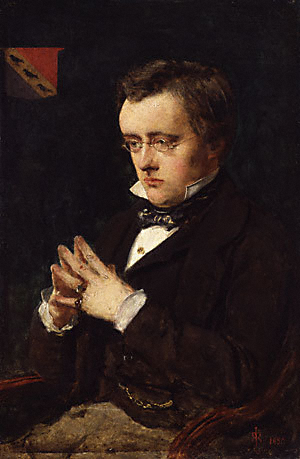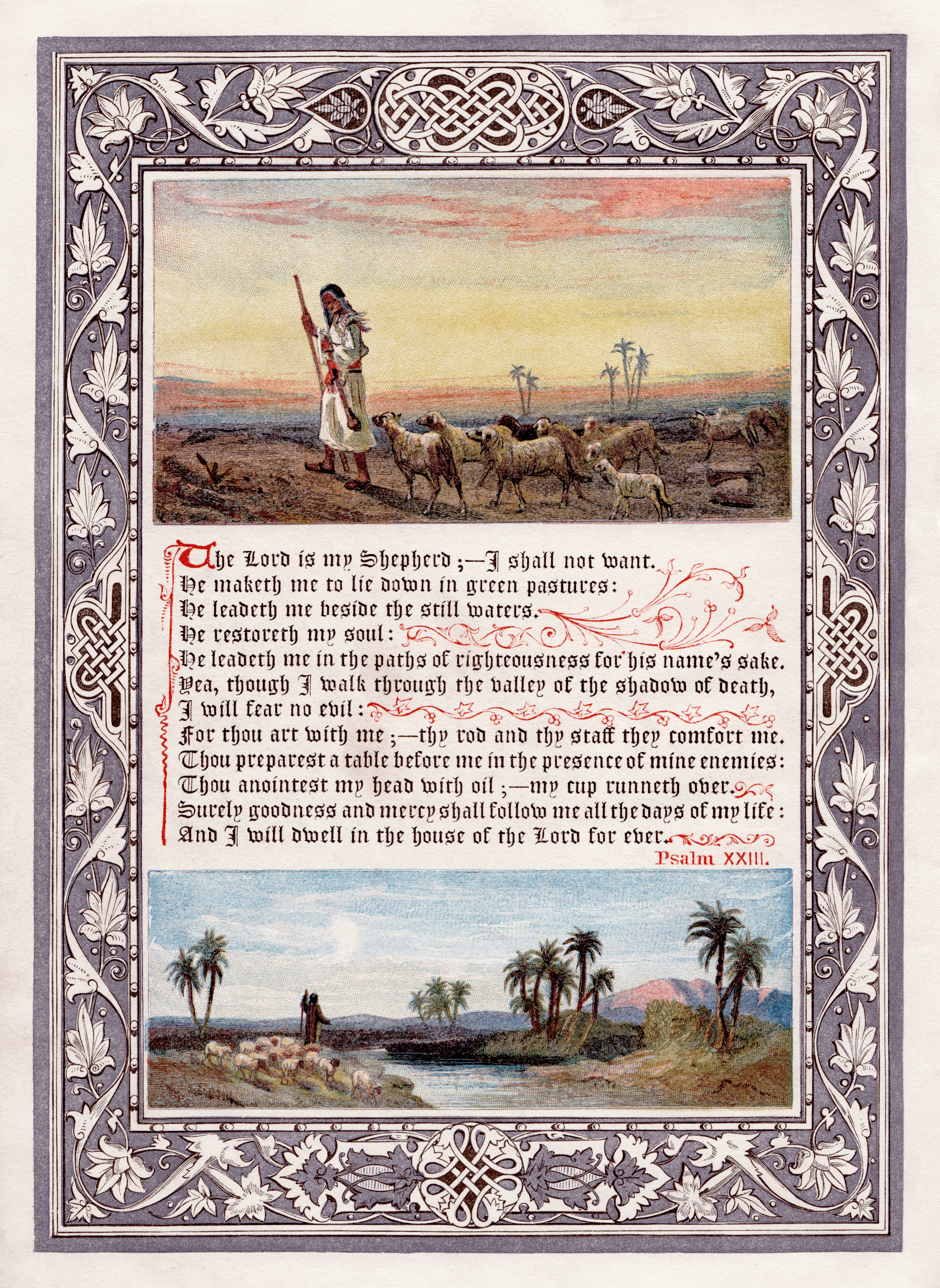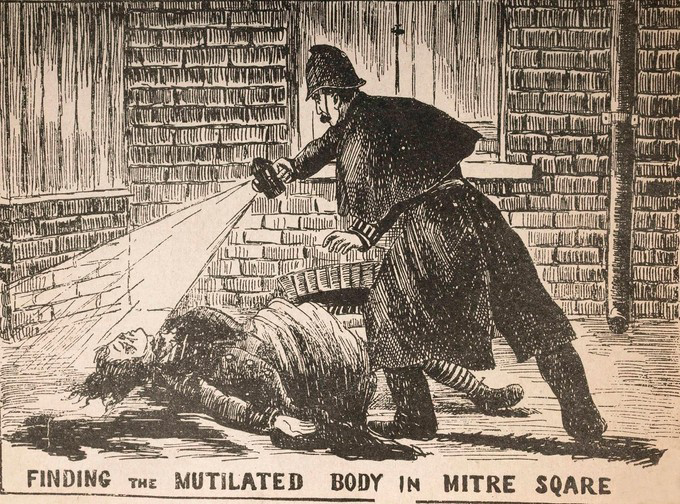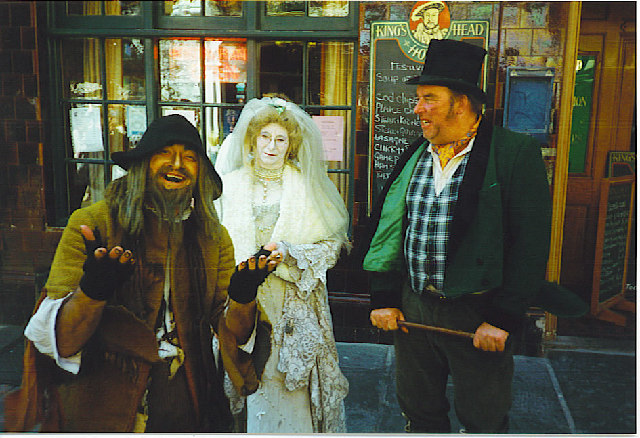|
Miss Clack
Miss Drusilla Clack is a character, and part-narrator, in Wilkie Collins' 1868 novel ''The Moonstone''. A poor relation of the Verinder family, Miss Clack is an ardent Evangelical, and has a habit of handing out improving tracts to strangers and family alike. Social and Historical Context P. D. James suggests that, as "an evangelical busybody...Miss Clack occasionally gets close to being a caricature". A quasi-editorial footnote alerts us to the way her narrative is intended to have "unquestionable value as an instrument for the exhibition of Miss Clack's character"; and when she describes her eavesdropping as "A martyrdom was before me", or exclaims "Sorrow and sympathy! Oh, what Pagan emotions to expect from a Christian Englishwoman", her role as comic self-betrayer becomes very apparent. However, there was another side to her presentation: Collins – like Dickens, aware of the power behind Victorian evangelicanism, and of how spite and aggression could be concealed under a p ... [...More Info...] [...Related Items...] OR: [Wikipedia] [Google] [Baidu] |
Wilkie Collins
William Wilkie Collins (8 January 1824 – 23 September 1889) was an English novelist and playwright known especially for '' The Woman in White'' (1859), a mystery novel and early "sensation novel", and for ''The Moonstone'' (1868), which has been proposed as the first modern English detective novel. Born to the London painter William Collins and his wife, Harriet Geddes, he moved with them to Italy when he was twelve, living there and in France for two years, learning both Italian and French. He worked initially as a tea merchant. After ''Antonina'', his first novel, appeared in 1850, Collins met Charles Dickens, who became a friend and mentor. Some of his work appeared in Dickens's journals ''Household Words'' and '' All the Year Round''. They also collaborated on drama and fiction. Collins gained financial stability and an international following by the 1860s, but became addicted to the opium he took for his gout, so that his health and writing quality declined in the 1870s ... [...More Info...] [...Related Items...] OR: [Wikipedia] [Google] [Baidu] |
Rachel Verinder
Rachel Verinder is a character in Wilkie Collins' 1868 novel '' The Moonstone''. Despite being the heroine, the story is never related from her viewpoint, as it is in turn from the other main protagonists, leaving her character always seen from the outside. Character A somewhat spoilt and self-reliant girl, Rachel is in love with her cousin Frankin Blake. P. D. James saw her as one of the examples of Collins' rare (Victorian) ability to depict women capable of real desire: With her temper, insistence on making her own decisions, and readiness to grapple with the social implications of her passion for a man she thinks of as a thief, Rachel has been seen as a prototype of the New Woman, as anticipated in the sensation novel. Media treatments ''The Moonstone'' has often been portrayed in film. In the 1934 adaptation, Phyllis Barry appears as Rachel (or Ann Verinder, as she was therein called). See also * Paula Powers * Protofeminism References Literary characters introd ... [...More Info...] [...Related Items...] OR: [Wikipedia] [Google] [Baidu] |
The Moonstone
''The Moonstone'' (1868) by Wilkie Collins is a 19th-century British epistolary novel. It is an early example of the modern detective novel, and established many of the ground rules of the modern genre. The story was serialised in Charles Dickens’s magazine '' All the Year Round.'' Collins adapted ''The Moonstone'' for the stage in 1877. Etymology The Moonstone of the title is a diamond (not to be confused with the semi-precious moonstone gem). It has gained its name from its association with the Hindu god of the Moon, Chandra. It is protected by three hereditary guardians on the orders of Vishnu, and waxes and wanes in brilliance along with the light of the Moon. Plot outline Rachel Verinder, a young English woman, inherits a large Indian diamond on her eighteenth birthday. It is a legacy from her uncle, a corrupt British army officer who served in India. The diamond is of great religious significance and extremely valuable, and three Hindu priests have dedicated thei ... [...More Info...] [...Related Items...] OR: [Wikipedia] [Google] [Baidu] |
Evangelical
Evangelicalism (), also called evangelical Christianity or evangelical Protestantism, is a worldwide interdenominational movement within Protestant Christianity that affirms the centrality of being " born again", in which an individual experiences personal conversion; the authority of the Bible as God's revelation to humanity ( biblical inerrancy); and spreading the Christian message. The word ''evangelical'' comes from the Greek (''euangelion'') word for " good news". Its origins are usually traced to 1738, with various theological streams contributing to its foundation, including Pietism and Radical Pietism, Puritanism, Quakerism, Presbyterianism and Moravianism (in particular its bishop Nicolaus Zinzendorf and his community at Herrnhut).Brian Stiller, ''Evangelicals Around the World: A Global Handbook for the 21st Century'', Thomas Nelson, USA, 2015, pp. 28, 90. Preeminently, John Wesley and other early Methodists were at the root of sparking this new movement d ... [...More Info...] [...Related Items...] OR: [Wikipedia] [Google] [Baidu] |
Tract (literature)
A tract is a literary work and, in current usage, usually religious in nature. The notion of what constitutes a tract has changed over time. By the early part of the 21st century, a tract referred to a brief pamphlet used for religious and political purposes, though far more often the former. Tracts are often either left for someone to find or handed out. However, there have been times in history when the term implied tome-like works. A ''tractate'', a derivative of a tract, is equivalent in Hebrew literature to a ''chapter'' of the Christian Bible. History The distribution of tracts pre-dates the development of the printing press, with the term being applied by scholars to religious and political works at least as early as the 7th century. They were used to disseminate the teachings of John Wycliffe in the 14th century. As a political tool, they proliferated throughout Europe during the 17th century. They have been printed as persuasive religious material since the invention ... [...More Info...] [...Related Items...] OR: [Wikipedia] [Google] [Baidu] |
Dickens
Charles John Huffam Dickens (; 7 February 1812 – 9 June 1870) was an English writer and social critic. He created some of the world's best-known fictional characters and is regarded by many as the greatest novelist of the Victorian era.. His works enjoyed unprecedented popularity during his lifetime and, by the 20th century, critics and scholars had recognised him as a literary genius. His novels and short stories are widely read today. Born in Portsmouth, Dickens left school at the age of 12 to work in a boot-blacking factory when his father was incarcerated in a debtors' prison. After three years he returned to school, before he began his literary career as a journalist. Dickens edited a weekly journal for 20 years, wrote 15 novels, five novellas, hundreds of short stories and non-fiction articles, lectured and performed readings extensively, was an indefatigable letter writer, and campaigned vigorously for children's rights, for education, and for other social ref ... [...More Info...] [...Related Items...] OR: [Wikipedia] [Google] [Baidu] |
Religious Tract Society
The Religious Tract Society was a British evangelical Christian organization founded in 1799 and known for publishing a variety of popular religious and quasi-religious texts in the 19th century. The society engaged in charity as well as commercial enterprise, publishing books and periodicals for profit. Periodicals published by the RTS included '' Boy's Own Paper'', '' Girl's Own Paper'' and ''The Leisure Hour''. Formation and early history The idea for the society came from the Congregationalist minister George Burder, who raised the idea while meeting with the London Missionary Society (founded in 1795) in May 1799. It was formally established on 10 May 1799, having a treasurer, a secretary, and ten committee members, with members required to " ubscribehalf a guinea or upwards annually". Its initial membership was drawn from the London Missionary Society, and included: * David Bogue, Independent; *Robert Hawker, Anglican; * Joseph Hughes, Baptist; and *Joseph Reyner as tre ... [...More Info...] [...Related Items...] OR: [Wikipedia] [Google] [Baidu] |
Victorian Morality
Victorian morality is a distillation of the moral views of the middle class in 19th-century Britain, the Victorian era. Victorian values emerged in all classes and reached all facets of Victorian living. The values of the period—which can be classed as religion, morality, Evangelicalism, industrial work ethic, and personal improvement—took root in Victorian morality. Current plays and all literature—including old classics like Shakespeare—were cleansed of content considered to be inappropriate for children, or " bowdlerized". Contemporary historians have generally come to regard the Victorian era as a time of many conflicts, such as the widespread cultivation of an outward appearance of dignity and restraint, together with serious debates about exactly how the new morality should be implemented. The international slave trade was abolished, and this ban was enforced by the Royal Navy. Slavery was ended in all the British colonies, child labour was ended in British fa ... [...More Info...] [...Related Items...] OR: [Wikipedia] [Google] [Baidu] |
Godfrey Ablewhite
Godfrey Ablewhite is a character in Wilkie Collins' 1868 novel ''The Moonstone''. A vocal philanthropist, he is one of the rival suitors of Rachel Verinder, to whom he is briefly engaged before his mercenary motives are revealed. Religiosity challenged? Godfrey is explicitly and repeatedly linked to Exeter Hall, site of the most theatrical elements in evangelical preaching: "Exeter Hall again....the performance with the tongue". His unmasking as the villain of the piece has therefore been taken by some as a literal demonstration on the author's part of the hypocrisy inherent in sermonising - the gap between words preached and actual actions. Others, however, point out that Collins has softened his attack on Victorian morality in at least two ways: he changed his mind about making Ablewhite (initially) a member of the clergy; and, by making him an overt hypocrite, philanthropist by day, philanderer by night, he distracted attention from the inherent hypocrisy in the moralistic posi ... [...More Info...] [...Related Items...] OR: [Wikipedia] [Google] [Baidu] |
List Of Dickensian Characters
This is a list of characters in the works of Charles Dickens. Contents: A , B , C , D , E , F , G , H , I , J , K , L , M , N , O , P , Q , R , S , T , U , V , W , X , Y , Z , __NOTOC__ A *Adams The top student David Copperfield's class at Dr Strong's school in Canterbury. *Aged Parent is the very old and very deaf father of John Wemmick in ''Great Expectations''. *Allen, Arabella is the sister of Benjamin Allen, and eventually Mr Winkle's wife, in ''The Pickwick Papers''. *Allen, Benjamin is a medical student and later a doctor in ''The Pickwick Papers''. Brother of Arabella Allen. * Artful Dodger (alias Jack Dawkins) is a street-smart pickpocket and criminal. He is the most successful and interesting of Fagin's thieves. He shows Oliver the ropes of the pickpocket game and is later captured and sentenced to transportation in ''Oliver Twist''. *Ayresleigh, Mr is a prisoner in ''The Pickwick Papers''. *Avenger, The is a servant ... [...More Info...] [...Related Items...] OR: [Wikipedia] [Google] [Baidu] |
Political Correctness
''Political correctness'' (adjectivally: ''politically correct''; commonly abbreviated ''PC'') is a term used to describe language, policies, or measures that are intended to avoid offense or disadvantage to members of particular groups in society. Since the late 1980s, the term has been used to describe a preference for inclusive language and avoidance of language or behavior that can be seen as excluding, marginalizing, or insulting to groups of people disadvantaged or discriminated against, particularly groups defined by ethnicity, sex, gender, or sexual orientation. In public discourse and the media, the term is generally used as a pejorative with an implication that these policies are excessive or unwarranted. The phrase ''politically correct'' first appeared in the 1930s, when was used to describe dogmatic adherence to ideology in authoritarian regimes, such as Nazi Germany and Soviet Russia. Early usage of the term ''politically correct'' by leftists in the 1970s and ... [...More Info...] [...Related Items...] OR: [Wikipedia] [Google] [Baidu] |
Proclamation Society
The Society for the Suppression of Vice, formerly the Proclamation Society Against Vice and Immorality, or simply Proclamation Society, was a 19th-century English society dedicated to promoting public morality. It was established in 1802, based on a proclamation by George III in 1787, and as a successor to the 18th-century Society for the Reformation of Manners, and continued to function until 1885. History The Society was founded by William Wilberforce following a Royal Proclamation by George III in 1787, the ''Proclamation for the Discouragement of Vice'', on the urging of Wilberforce, as a remedy for the rising tide of immorality. The proclamation commanded the prosecution of those guilty of "excessive drinking, blasphemy, profane swearing and cursing, lewdness, profanation of the Lord's Day, and other dissolute, immoral, or disorderly practices". Greeted largely with public indifference, Wilberforce sought to increase its impact by mobilising public figures to the cause, and b ... [...More Info...] [...Related Items...] OR: [Wikipedia] [Google] [Baidu] |

.jpg)



